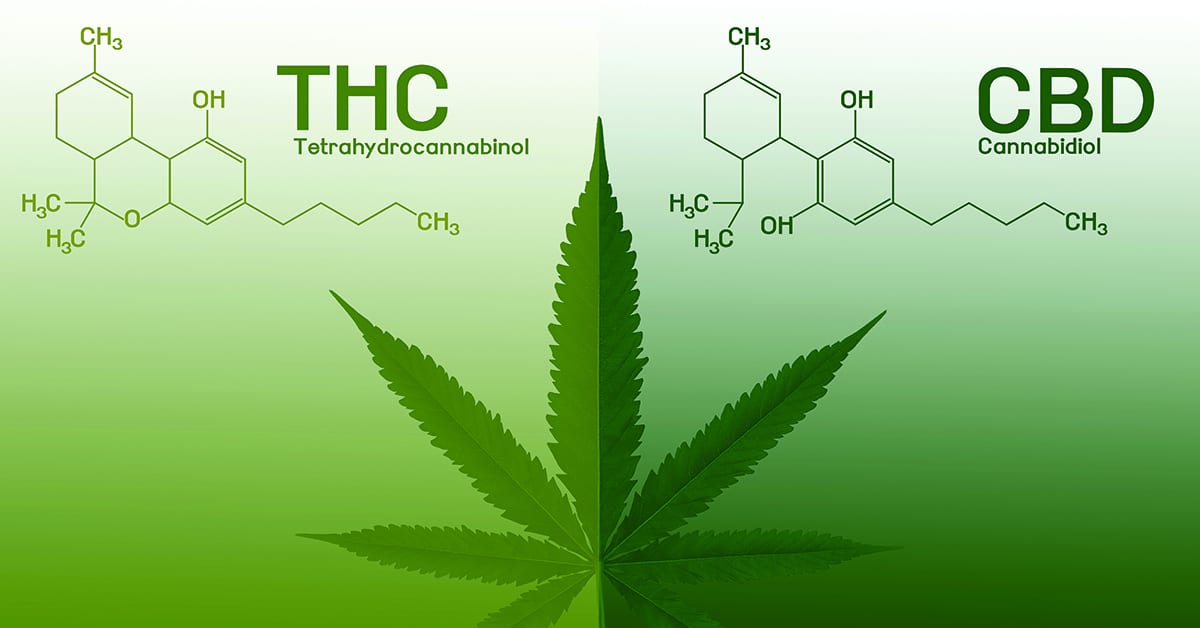Is It Safe For Workers To Take Medicinal Cannabis?
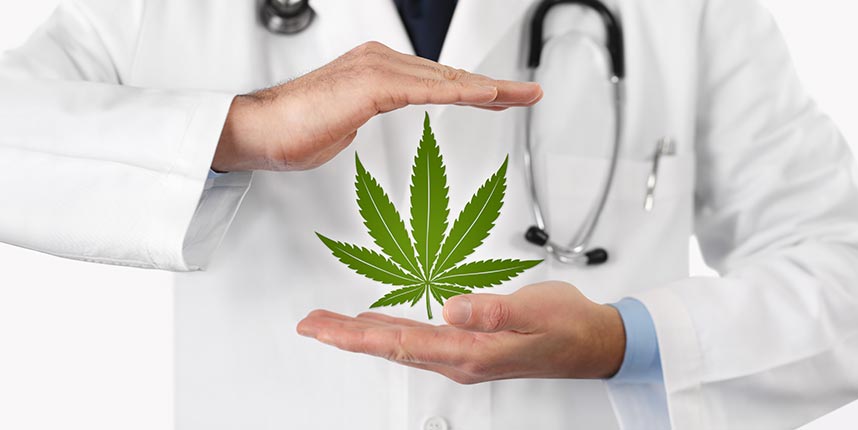
Registered medical practitioners in Queensland can now prescribe medicinal cannabis to their patients if they think it’s clinically appropriate. Previously, only specialist doctors had the authority to issue such prescriptions. But a recent amendment to existing legislation effectively changed this requirement.
With more doctors allowed to issue medicinal cannabis prescription, it raises new concerns for the public. Is it safe for workers to use the drug? Will it affect their performance at work? Here’s our take on the matter.
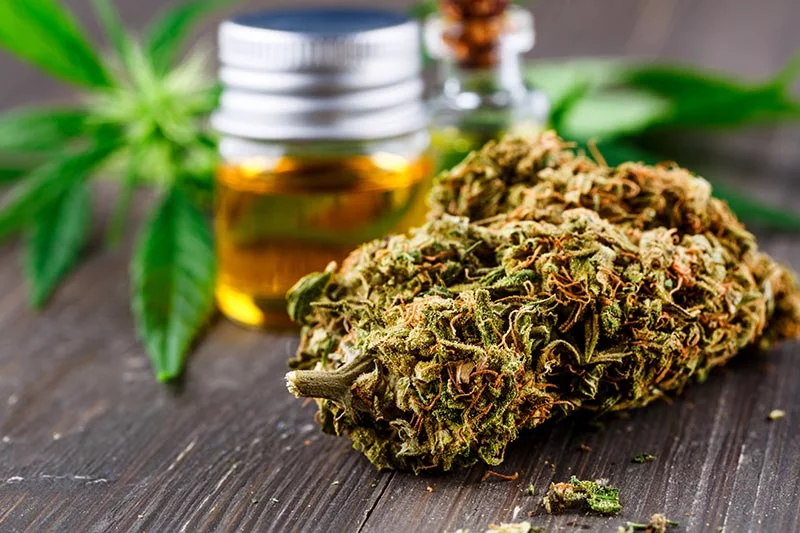
Medicinal cannabis use in Australia
In 2016, the Australian government legalised the use of medicinal cannabis at the federal level.
Since then, doctors have used to treat a number of medical illnesses. These include epilepsy, multiple sclerosis (MS), and non-cancer chronic pain.
Researchers have also tried using medicinal cannabis to treat nausea and vomiting due to chemotherapy and for palliative care.
However, the government heavily regulates access to medicinal cannabis under the Therapeutic Goods Act (TGA) of 1989. Only health professionals with Commonwealth approval could obtain the drug for treatment purposes.
Each state has its own restrictions regarding the production and sale of medicinal cannabis. But the general rule applies that no private individual can obtain their own supply of the drug.
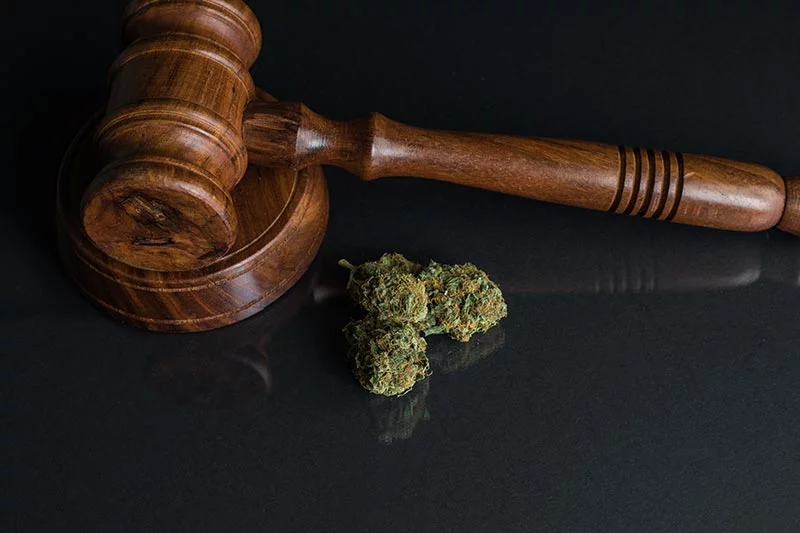
Queensland’s new medicinal cannabis legislation
In April 2020, Queensland lawmakers passed a new law to help simplify the medicinal cannabis prescription process. They now classify the drug as Schedule 8 medicines (drugs of addiction) or Schedule 4 medicines (prescription drugs).
The law now allows doctors in the state to prescribe medical marijuana to patients with any condition. Meanwhile, non-specialist medical practitioners will still need state approval to prescribe Schedule 8 medicinal cannabis.
Queensland’s Minister for Health and Ambulance Services, welcomed the passing of the new law. However, some health professionals have expressed their concern about the simplification of the prescription process. They prefer that doctors and patients still explore other avenues first before considering the use of medicinal cannabis.
Doctors have to consider the potential dangers of medicinal cannabis abuse. If the drugs were to become more readily available, it could increase people’s risk for driving impairment.
We also have to take a closer at the effectiveness of such medications. There should be a clear distinction between medicinal CBD (cannabidiol) and (tetrahydrocannabinol) THC. This is very important since CBD has no substantive impairing effects unlike THC.
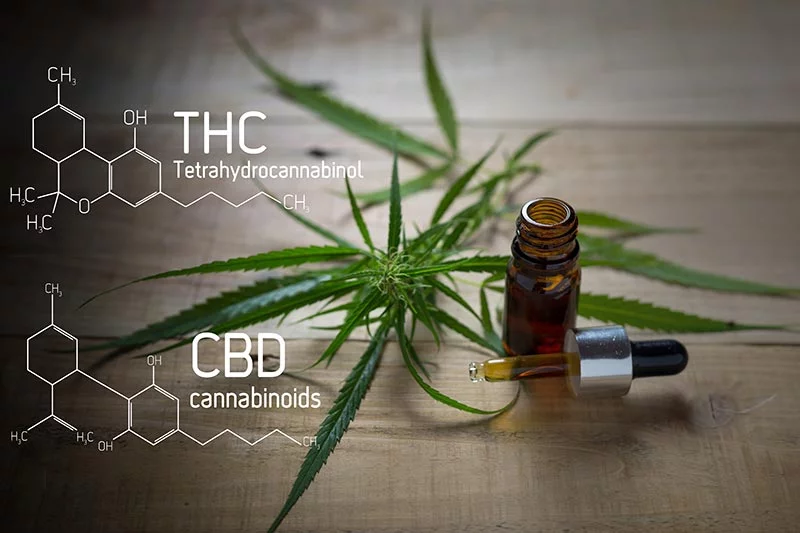
Medicinal CBD vs THC
CBD and THC are two of the substances extracted from cannabis. While these cannabinoids have similar chemical structures, they don’t have the same psychoactive effects. For instance, CBD doesn’t produce the same level of high or euphoric effects that THC does.
Both cannabinoids also have different ways of affecting the human brain. THC binds with the cannabinoid 1 (CB1) receptors, which triggers the release of dopamine. This causes a feeling of high or euphoria. It also leads to the performance impairment often experienced by users
Meanwhile, CBD primarily affects CB2 receptors. When bound, these receptors don’t release dopamine. However, they do help reduce inflammation, nausea, and neuropathic pain.
CBD can also bind with CB1 receptors but only very weakly. You need to pair CBD with THC before it can properly bind with a CB1 receptor. This will help reduce some of the psychoactive effects of THC such as sedation or euphoria.
Side effects
CBD is considered to be the compound more tolerated by the body, even in large doses. Its known side effects include dizziness, fatigue, appetite changes, weight loss, and diarrhea.
On the other hand, THC causes temporary side effects such as red eyes, dry mouth, increased heart rate, anxiety, and slower reaction times. It can also result in memory loss and coordination problems.
Both CBD and THC can cause psychoactive effects on users. These side effects are not considered fatal, but they can affect an individual’s health and well-being.
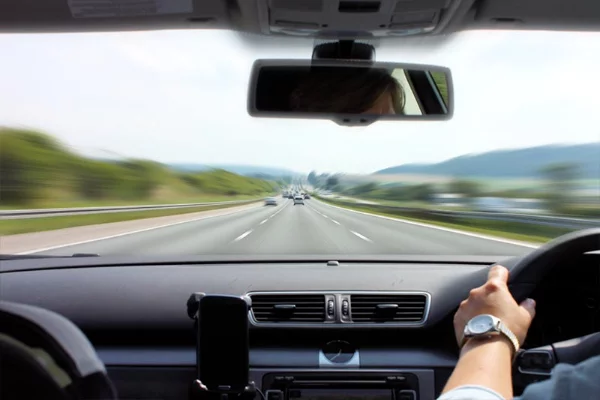
Impairment
Medicinal cannabis is considered safe, as long as patients take CBD alone. Combining CBD with THC or any other sedative can already lead to adverse effects.
In 2019, Arkell et al examined the impact of cannabis-based medication on 14 individuals. The participants used drugs that contained both cannabidiol and THC.
The researchers made the following observations:
- Substantial impairment lasted for more than 4 hours after using cannabis-based drugs.
- When driving, participants were more susceptible to lane weaving and had slower attention focusing.
- Participants compensated for their ‘stone’ condition by reducing their speed and maintaining safe car spacing. However, they are still more likely to lane weave.
- Drivers who used a combination of CBD and THC performed worse than those that did not.
Many cannabis users claim they are safer drivers than alcohol users. This isn’t necessarily the case. Stoned drivers will try to compensate for their condition. However, it doesn’t change the fact that they’re still likely to drive unsafely.
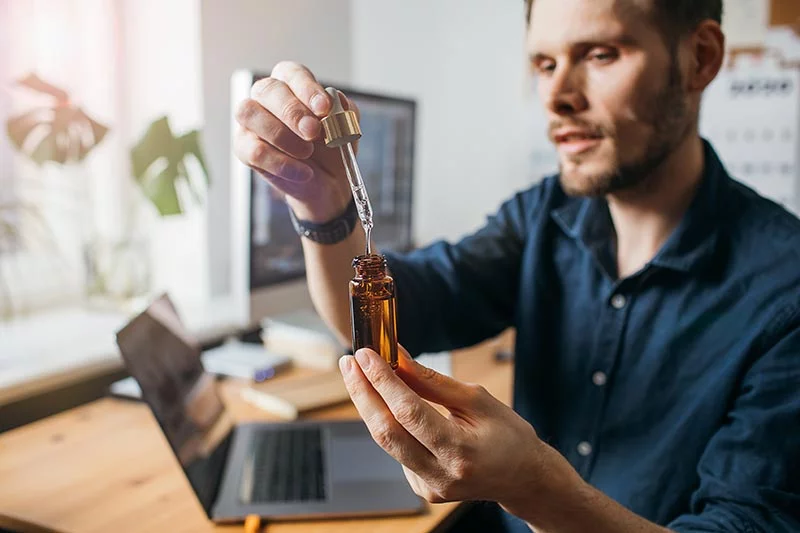
Drug testing
Drug driving laws pertaining to cannabis aren’t as clear-cut as many would like. For example, in New South Wales users can lawfully drive as long as they are not impaired. However, this places the burden of determining the capacity to drive and level of impairment on the prescribing doctor. They need to have a firm understanding of the drug’s effects on their patient.
On the other hand, the Road Transport Act of 2013 states that driving with any detectable amount of THC is against the law. This is consistent with all other state laws, including Queensland. The law doesn’t include any exclusions for prescribed medicines.
What does this mean for medical marijuana users? If you’re using true CBD oil without any sedatives, you have nothing to worry about. Pure CBD oils aren’t detectable through drug testing. You have to be careful though since many dubious CBD oil products contain some amounts of THC. Some of these products even contain only cannabis extracts in coconut oil.
Meanwhile, THC medications have the same detection window as for smoked cannabis. THC is detectable via urine testing for up to 72 hours. However, this time frame doesn’t correlate with the one needed to establish a person’s impairment.
Oral fluid testing offers a better way of determining impairment. Saliva analysis can detect THC between 8 to 24 hours, depending on the dose. If a person tests negative via oral fluid, then they are assumed to be unaffected by impairment.
Safety concern
It’s highly important to determine the exact level of impairment among workers, especially those working in safety-critical industries. Most individuals claim to be unimpaired because they no longer feel stoned. But this doesn’t necessarily mean that they are safe to perform their usual complex tasks.
While taking medicinal CBD alone is considered safe, users still need to be careful. If they mix the drug with THC or any other sedative, it could result in serious impairment.
Watch our webinar on medicinal cannabis use below to know more about medicinal cannabis use:
Learn More
Contact us today to learn how we can help you with your workplace drug and alcohol testing needs.

